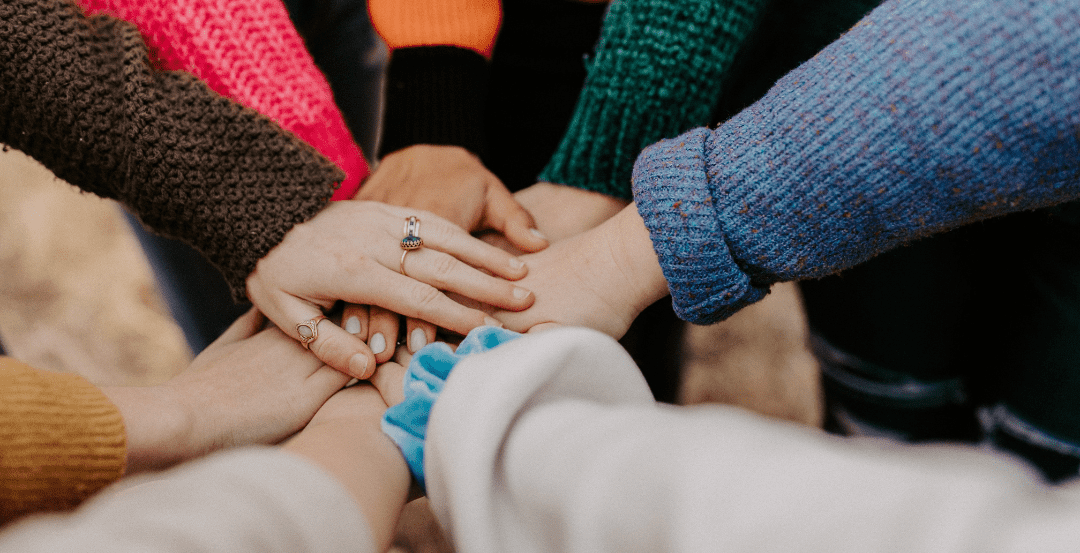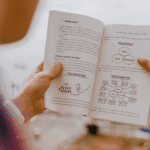Group work is a great opportunity to analyse, discuss and explore ideas with other students, making it an increasingly important part of many degrees.
It allows you to develop key skills such as teamwork, organisation, communication, leadership and problem solving. In addition to this, it can be extremely beneficial for both your academic performance and your long-term personal development.
However, working in a team is sometimes not as nice as it sounds and it can be a bit tricky to mesh diverse minds. That’s why we leave you with the following 5 tips to make your group work assignment a real success.
Set clear goals
From the very first meeting, you should agree on the specific goals you want to achieve and set some ground rules to ensure that everything flows smoothly. This is very important because it will map out the way forward.
It is a good idea to decide how often you will meet, how you will communicate with each other and how the group will be run. This way, everyone is clear about what is expected of them.
You should also make sure that all team members have a shared understanding of the project. They can discuss how the task can best be divided up to work for the benefit of everyone within the group.
Practice assertive communication
All members of the group should strive to create a supportive atmosphere that allows everyone to feel comfortable expressing their thoughts, without the threat of being dismissed, ridiculed or ignored.
While some people are naturally confident in group work situations, others may find it challenging to make their points.
You may need to ask some more reserved people directly if they have something to add. The group will benefit from hearing everyone’s opinion and others may have valuable information that has not been considered.
Not everyone strives to be a leader or can generate ideas quickly. In fact, the best teams have a balanced mix of individuals whose contributions complement each other. Thus, good communication is essential.
Define roles
We are all different, but not only physically; we are also different in terms of knowledge and skills, which can contribute to the group from different perspectives and improve or help to achieve better results.
In this sense, it is important that, once you have the specific tasks to perform, you identify who can best take on these tasks. Everyone will put their best into what they do best and the group work will not only be successful but also enjoyable.
In addition to the role of each person, it is also important to define who will be or will participate as team leader, as there must always be a person who guides the group towards the agreed decisions.
When you work on groups, this leader usually emerges naturally, but sometimes it may be necessary to discuss or elect him or her by consensus.
Inspire the team
Group work is successful when leaders or individual members become a source of inspiration to others, either by showing interest in helping others’ activities when they have difficulties, arriving early to meetings, encouraging a sense of responsibility, among other actions.
To inspire the team, avoid the following actions:
- Becoming aggressive or rude in conversations.
- Showing complete dissatisfaction with group decisions.
- Disrespecting the opinions of others.
- Failing to contribute to assigned or shared activities.
While disagreements are inevitable, it is important not to make things personal. Disagreements can be resolved as long as they are about the task at hand and, if something becomes personal, it is best to settle it directly with that person, to avoid demotivation in the team.
Acknowledge achievements
Finally, giving feedback within the working group will make things work better.
Acknowledging the work of each member is motivating and helps people to be more efficient in their work. It is not a matter of offering them something for the work they are responsible for doing, but of offering, at the right time, positive phrases that help the person to do it better.
This recognition is not always done within group meetings, it is known to be better when done in environments outside the activities, such as a dinner, meeting with friends, among others.
¡Haz click para puntuar esta página!
Es muy importante para nosotros que puntúes nuestro trabajo para poder seguir mejorando. Tus opiniones ayudan al resto de estudiantes a encontrar nuestra página web.






